History of the School
Since its founding by Marco Crescenzi in 1997 in Rome, we have strongly believed training professionals and managers of the NonProfit sector to be a strong way to achieve social transformation. The School is significantly recognized to be a contributor to the cultural, professional and managerial training of the Nonprofit sector and an innovator of learning techniques.
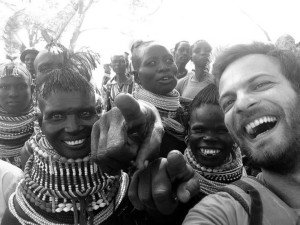
In more than 20 years, we have trained over 2.000 professionals and mangers in “NonProfit” MBAs, active in more than 100 countries and responsible in top NGOs, contributing to the formation of a new leading class of the sector and and the world’s largest community of International Cooperation’s Professionals.
In 1998, the School introduced e-learning in the European Nonprofit sector, allowing professional and managers to take part in its Master.
Again in 1998, the School published the first book on the professional figure of the Non Profit Manager – “Manager del No Profit” (Sperling&Kupfer ed). We were doing in Europe what Peter Drucker was doing in the United States.
In 1998-99, the School launched its first European Masters in the fields of Management (1998), Euro-Project Management (1998) and Fundraising Management (1999), real MBAs for Nonprofit operators.
In 2004 we bublished the “International Guide for Professions and Work in the Non Profit sector” and founded the “Observatory of Nonprofit Professions and Work”, which was joined by trade unions, representations of Universities (Alma Laurea), Third Sector and Italian Ministry of Labour (ISFOL), which officially recognized the NonProfit managerial profiles proposed by the School (Manager, Project Manager for Cooperation, Euro-Project Manager, Fundraiser).
From 2005, the School has been the Italian press’ source for work in the sector and professional profiles and, processing the ISTAT data, shared the information about the million of workers in the sector – surprising both for media and public opinion.
In 2006, it took part to Euclid Network foundation – the network of European Nonprofit executives (London) and between 2008 and 2011 coordinated Leader2Leader, the network of Italian Nonprofit executives.
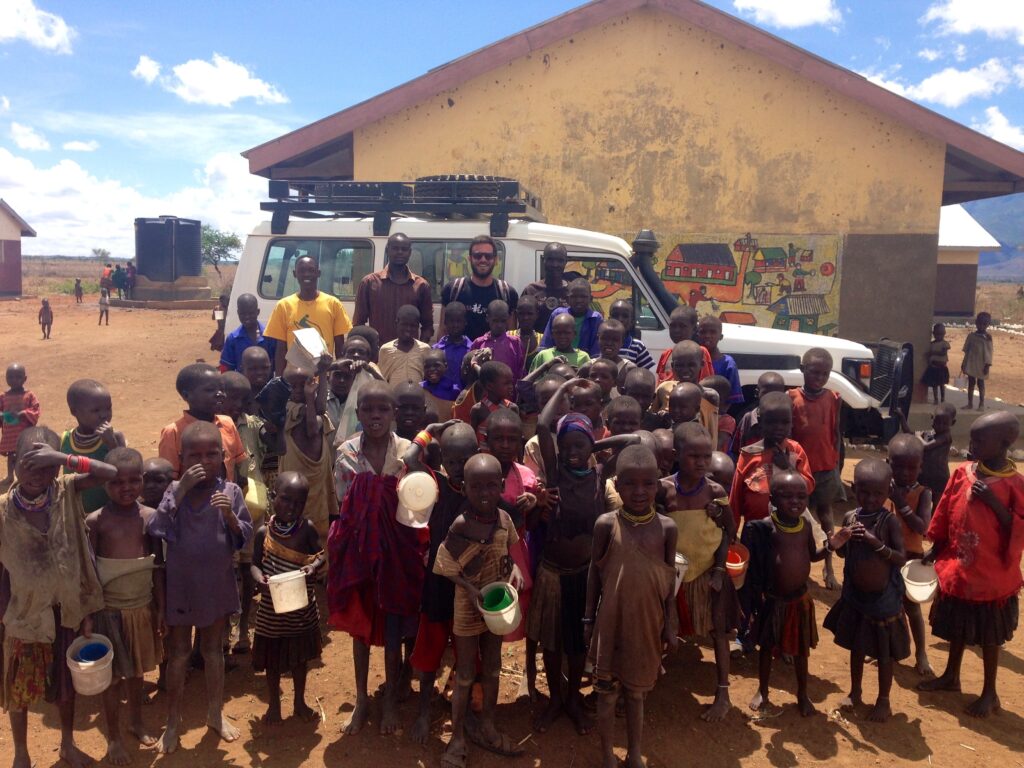
In 2011, it cofounded the I-SIN, Italian Social Innovation Network and in 2012 started Master MES in Social Innovation, Social Business, Social Start up and Innovative Project Management, first Master about Social Innovation in Italy.
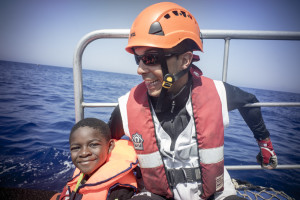
In 2014, in collaboration with some NGOs, HOPE – Master in Humanitarian Operations in Emergencies, Managing Projects, People, Administration & Logistic in the field was born.
The School progressively became more and more international, both in its centres (Rome, London from 2008, and the Head Quarters in Madrid in 2017) and its activities (all Masters are in English) and areas of delivery (particularly Europe and Africa).
In 2018, after two years of study in fallibility, the School starts its first Master in International Development and Humanitarian Aid (MIDHA Programme), which had never been done in Africa, with a full e-learning formula. The full e-learning part has important perspective when it comes to developments and scalability, granting the opportunity to potentially reach tens of thousands of people.
The didactic formula has consistently been innovated in the last 20 years, blending e-learning, Project Work, Workshop, Field Experience and Career Development and Internship, contributing to the proper training of professionals destined to have significant responsibilities.
Masters are co-managed and co-projected with NGOs of the sector, developing professional profiles according to the demanded standards.
The teaching staff, more than 100 professionals, consists of managers of the sector coming from the best NGOs and sharing the project and commitment of the School.
Partnerships with NGOs are intensified and extended to the whole world also thanks to the community of fellows, and it’s thanks to this network that the School plans on opening bases in Africa and South America before 2018/2019, in Asia and Australia in 2019/2020.
Also Social Change School supports Crescenzi&Partners and Leaders4Future, the first Italian community of Directors and General Manager from the Third Sector, created and led by Marco Crescenzi.
The School awards real “Competences Certifications” that not only prove attendance to a course, but the actual ownership of precise skills. The Certification Committee is independent and composed of credited professionals.
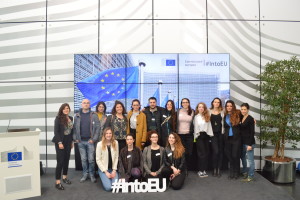
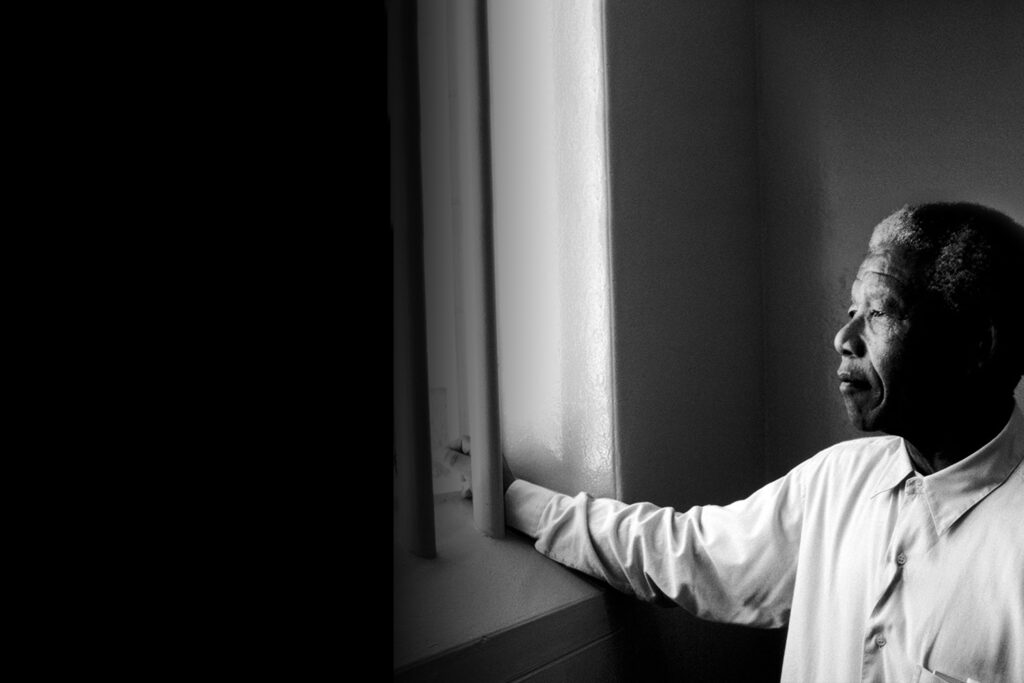
Although developing didactic technologies is increasingly essential, the DNA of the School and of its staff remains focused on relationship and care for the development of people, both from a professional and human point of view.
The words of Nelson Mandela, our spiritual father, always shine inside of our hearts: “Education is the most powerful weapon which you can use to change the world”.

